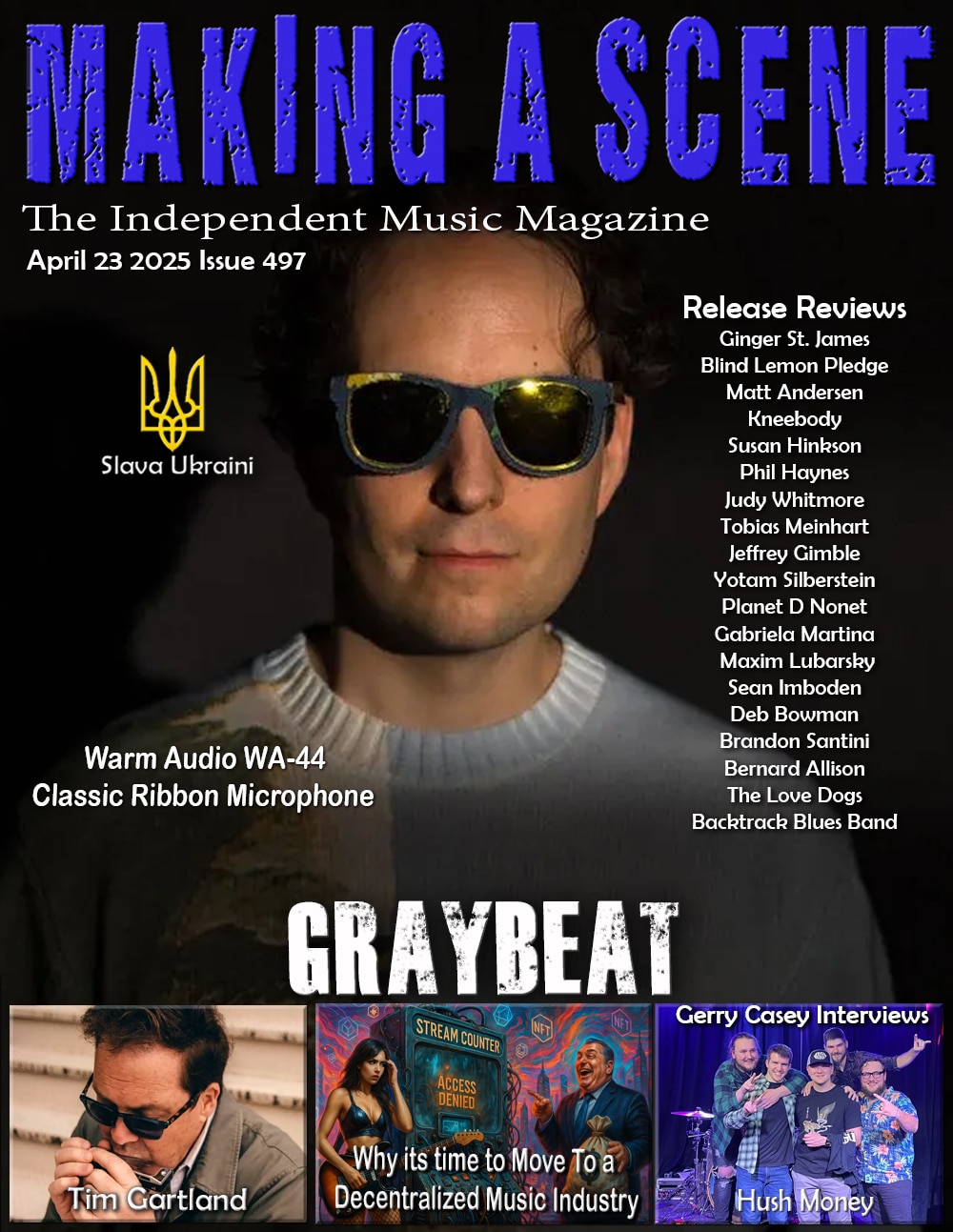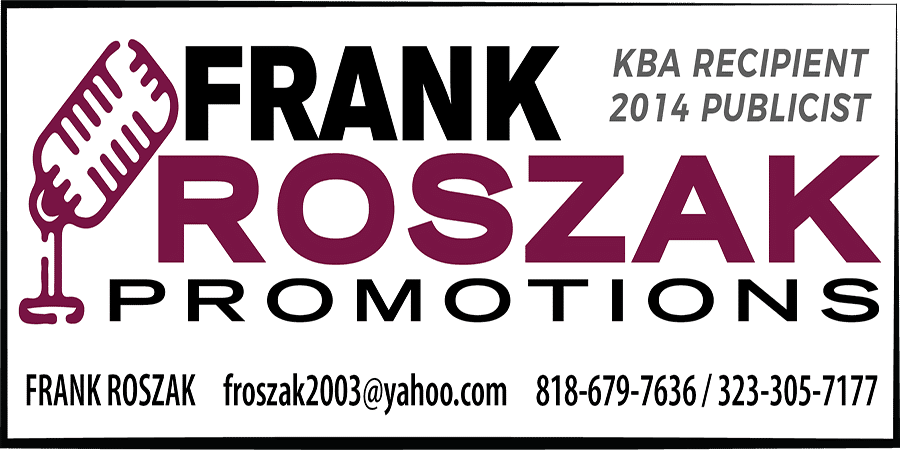Dean Zucchero is Making a Scene
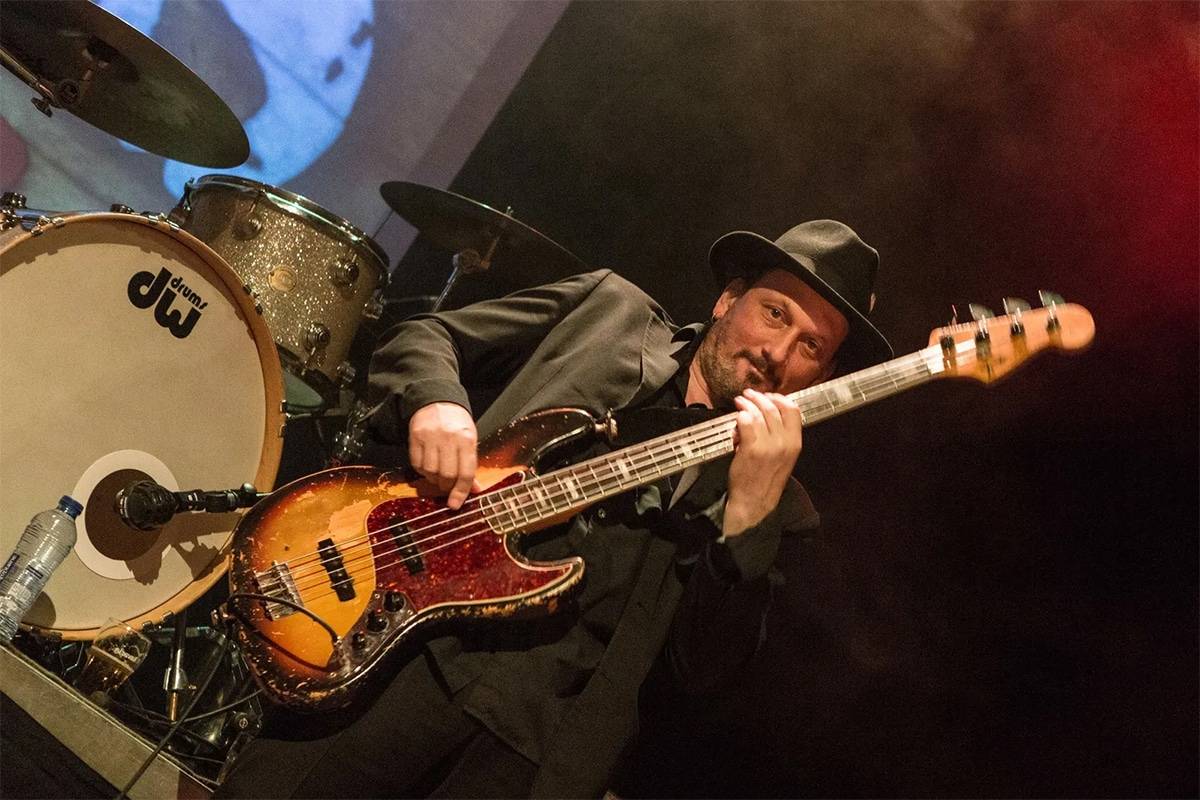
HOME PAGE
 |
 |
 |
 |
 |
 |
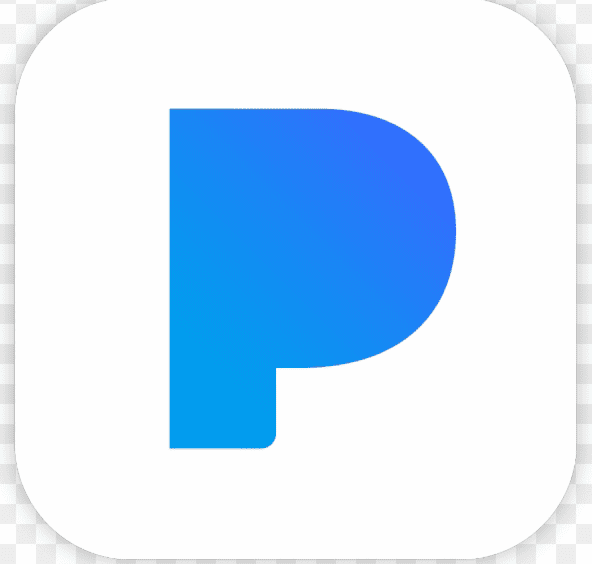 |
 |
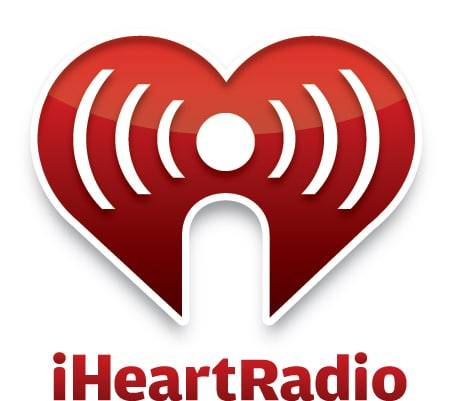 |
Making a Scene Presents an interview with Dean Zucchero
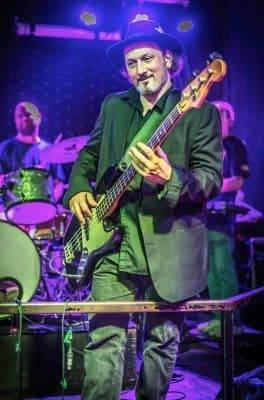 Hailing originally from the streets of East Village, New York City, Zucchero cut his teeth in the bustling, industry-driven Manhattan music scene where songwriting and studio recording chops have long since been revered and rewarded. Cultivating these traits in the city’s local dive-bar and cabaret music incubators such as CBGBs, The Bitter End, Dan Lynch Blues Bar, The Bottom Line and Manny’s Carwash, with rock act Major Domo as well as local blues heroes Michael Powers, Popa Chubby, Sweet Georgia Brown and Frankie Paris, to name a few, Zucchero’s consequent appreciation for melody, lyrical craftsmanship, arrangement, improv and an overall connection with urban multiculturalism finds deep prominence in his record.
Hailing originally from the streets of East Village, New York City, Zucchero cut his teeth in the bustling, industry-driven Manhattan music scene where songwriting and studio recording chops have long since been revered and rewarded. Cultivating these traits in the city’s local dive-bar and cabaret music incubators such as CBGBs, The Bitter End, Dan Lynch Blues Bar, The Bottom Line and Manny’s Carwash, with rock act Major Domo as well as local blues heroes Michael Powers, Popa Chubby, Sweet Georgia Brown and Frankie Paris, to name a few, Zucchero’s consequent appreciation for melody, lyrical craftsmanship, arrangement, improv and an overall connection with urban multiculturalism finds deep prominence in his record.
After a nine-year residency in Europe touring with NY blues gunners The HEALERS!, feat: Thomas Buck-Nasty and Italy’s premier pop- jazz group Sugarpie & The Candymen, Zucchero returned to the States in 2013 and set up shop in New Orleans where he has reconnected with urban diversity, but this time of a different flavor.
He passionately embraced the rich resources of the Crescent City through an ever-abundance
of local gig-work and soon-to-be international tour-work with the legendary Cyril Neville
(The Meters and Neville Brothers), as well as with other local giants such as Little Freddie King, Johnny Sansone, Bruce “Sunpie” Barnes, Mason Ruffner, Mama’s Boys and currently Ghalia Volt, with whom he enjoyed production, bass and co-write credits on her first two albums for Ruf Records—the critically acclaimed “Let the Demons Out” and chart-topper “Mississippi Blend” hit #3 on the Billboard Blues Charts on three different occasions. Zucchero also added two bass tracks and one co-write on Volt’s latest top 10 Billboard Blues charting record “One Woman Band.”
Amassing such experience and exposure, Zucchero adopted the “New Orleans” slant to rhythm & blues, rock & roll and trad-jazz while also synthesizing the more indigenous genres of Louisiana music such as Indian funk, zydeco, cajun and most of all, Louisiana blues, with its stylistic tentacles extending east to neighboring Mississippi and as far north as Memphis and Chicago.
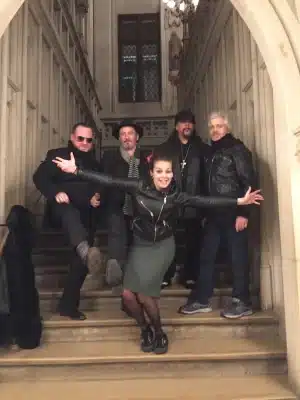 A newfound “gumbo” layered atop a historic base of exertive urban art and culture permeates Zucchero’s album with all contours of the musical melting pot set aflame; yet still there remains a calm simmer of the most basic ingredient we’ve all come to appreciate in music—“The Blues.” Whether it be New Orleans, Mississippi, Chicago or British derivation, all sub-genres are inherent and proper in this wholesome record. Indulge without reservation.
A newfound “gumbo” layered atop a historic base of exertive urban art and culture permeates Zucchero’s album with all contours of the musical melting pot set aflame; yet still there remains a calm simmer of the most basic ingredient we’ve all come to appreciate in music—“The Blues.” Whether it be New Orleans, Mississippi, Chicago or British derivation, all sub-genres are inherent and proper in this wholesome record. Indulge without reservation.
Eight weeks into the Covid pandemic, Zucchero “broke the silence” by organizing and hosting what came to be called “Acoustic Blues Series” at his go-to establishment, Bratz Y’all, a German bistro with a spacious beer garden in the Bywater of New Orleans. Acting as program director, promoter and house bassist, Zucchero was reunited stage-side with many of his “inactive” colleagues, ultimately providing weekly employment, a creative outlet and entertainment to a city that was ailing from seclusion and
the dormancy of its once-thriving live music culture. The musical events (reaching four nights per week) were conducted in strict accordance with New Orleans’ Covid guidelines. The local patrons and jam-friendly musicians were eager to come out to enjoy and support the cause.
The popularity of the “Blues Series” soon enabled a wider reach to New Orleans’ talent usually on tour that time of the year. They too came to enjoy the social outlet, the European- style hospitality, and the extra few bucks from the performances.
In April, the suspension of the city’s most popular musical event “Jazz Fest” further lowered the socio-economic morale of the locals. An idea entered Zucchero’s head: why not host a mini Jazz Fest in the beer garden just for New Orleanians that could be safely operated within the city’s Covid mandates?
Done.
Zucchero phoned his cronies (annual Jazz Fest invitees, among others), and with the financial support of the restaurant, a tent, tables and a stage were set-up for the presentation of two full weekends of admission-free live music. Zucchero consequently served again as program director and supporting bassist for each of the 18 acts scheduled, ranging in styles from blues, jazz, zydeco, funk, R&B and R&R. Attendance was a maxed-out number of music-lovers, and the camaraderie within the musicians’ community deepened even further.
Through these projects the cornerstone was naturally becoming set for a new solo album by Zucchero—one that would showcase his own music through the portal of the extensive musical talent of New Orleans, in particular those who came together to muzzle the musical silence during the dark, early hours of the 2020 pandemic.
As Johnny Sansone put it when asked by Zucchero if he’d sing and play harp on a track on the upcoming record: “It’d be my honor…You have the support of a lot of people right now.”
Buy Us a Cup of Coffee!
Join the movement in supporting Making a Scene, the premier independent resource for both emerging musicians and the dedicated fans who champion them.
We showcase this vibrant community that celebrates the raw talent and creative spirit driving the music industry forward. From insightful articles and in-depth interviews to exclusive content and insider tips, Making a Scene empowers artists to thrive and fans to discover their next favorite sound.
Together, let’s amplify the voices of independent musicians and forge unforgettable connections through the power of music
Make a one-time donation
Make a monthly donation
Make a yearly donation
Buy us a cup of Coffee!
Or enter a custom amount
Your contribution is appreciated.
Your contribution is appreciated.
Your contribution is appreciated.
DonateDonate monthlyDonate yearlyYou can donate directly through Paypal!
Subscribe to Our Newsletter
Discover more from Making A Scene!
Subscribe to get the latest posts sent to your email.





































